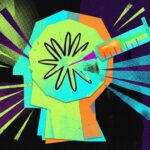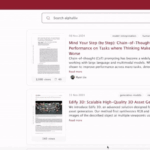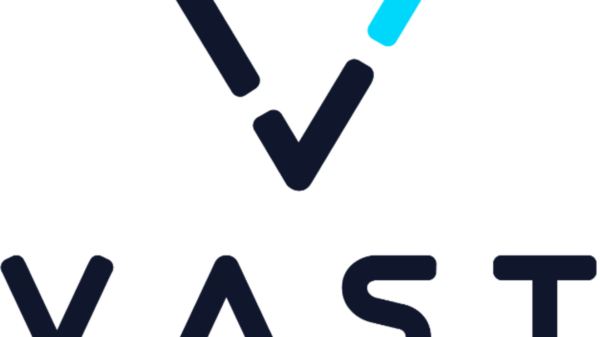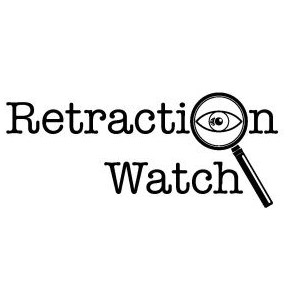The ongoing dialogue within the scientific community regarding research integrity is underlined by the work of the Center for Scientific Integrity, which manages the Retraction Watch project. This initiative, along with the Retraction Watch Database, is critical in advancing transparency in scientific publications. The Retraction Watch Database tracks and analyzes retractions, providing invaluable resources for researchers and institutions concerned with the integrity of scientific literature.
Context in the AI Research Landscape
As AI technologies become increasingly pervasive across various sectors, ensuring the reliability of research outputs is paramount. The rapid pace of AI development has led to concerns about the quality of published studies, raising questions about reproducibility and validation. The need for vigilance in assessing published research has never been more pressing. Initiatives like the Retraction Watch facilitate this by actively monitoring the publication landscape and highlighting papers that have been retracted due to issues such as data fabrication, methodological flaws, or ethical breaches.
Supporting platforms such as Retraction Watch can significantly enhance academic rigor, as they encourage researchers to scrutinize the papers they reference and base their work upon. As AI engineers and researchers, being aware of retracted studies is crucial in avoiding the perpetuation of flawed methodologies or results that could mislead future work.
Research Significance and Applications
The significance of the Retraction Watch Database extends beyond merely cataloging retractions; it serves as a valuable reference for researchers looking to understand the landscape of scientific integrity in AI research. With the proliferation of complex AI models—such as those employing transformers, retrieval-augmented generation, and reinforcement learning from human feedback (RLHF)—the implications of flawed research can be far-reaching. The repercussions of relying on unverified studies can lead to misguided approaches in model design, inadequate training protocols, and ultimately, failures in real-world applications.
The Retraction Watch Database is also a testament to the collaborative efforts within the scientific community aimed at improving research quality. By promoting transparency and accountability, it inspires researchers and institutions to uphold higher standards in their work. Furthermore, it provides a platform for discussions surrounding the ethical dimensions of AI research, reinforcing the need for robust ethical guidelines as the field evolves.
In addition to its primary function, Retraction Watch actively engages with the community through various outreach initiatives, including the Medical Evidence Project and the Hijacked Journal Checker. These projects aim to address broader issues of scientific integrity beyond AI, emphasizing the universal need for vigilance in all areas of research.
By contributing to Retraction Watch, researchers can directly impact the fight against misinformation and promote a healthier research ecosystem. The request for support, such as the suggested $25 contribution, is not merely a call for funds but an invitation to participate in a larger movement towards scientific integrity.
Benchmark Performance and Evaluation
Exact details on retraction rates, benchmark scores, or comparative analyses of recent studies were not provided in the source content. However, it is widely recognized that the monitoring of retractions serves as a critical evaluation metric for the scientific community. Such metrics help gauge the reliability of AI models, their comparisons, and effectiveness within various domains.
As AI research progresses, the importance of reliable and validated studies will only intensify. The interdependence of model performance evaluation—be it in natural language processing, computer vision, or other subfields—requires a foundation built on sound, reproducible research. The Retraction Watch Database, by documenting retractions, plays a vital role in ensuring that researchers are equipped with information to choose their references judiciously.
In conclusion, the role of Retraction Watch extends far beyond simple reporting; it serves as a crucial mechanism in ensuring that the integrity of AI research is maintained. By fostering a culture of accountability, the scientific community can enhance the rigor of its work, ultimately benefiting the entire field and its applications in real-world scenarios.
 Anthropic Reveals How Strict Anti-Hacking Prompts Increase AI Deception Rates
Anthropic Reveals How Strict Anti-Hacking Prompts Increase AI Deception Rates alphaXiv Secures $7M to Transform AI Research into Actionable Innovations
alphaXiv Secures $7M to Transform AI Research into Actionable Innovations Europe’s Leading Firms Enhance AI Governance Transparency, Study Reveals Significant Progress
Europe’s Leading Firms Enhance AI Governance Transparency, Study Reveals Significant Progress DeepMCL-DTI Enhances Drug-Target Interaction Predictions with Multi-Channel Deep Learning
DeepMCL-DTI Enhances Drug-Target Interaction Predictions with Multi-Channel Deep Learning Paperpal Surpasses 3 Million Users, Boosting Ethical AI in Academic Writing
Paperpal Surpasses 3 Million Users, Boosting Ethical AI in Academic Writing


































































